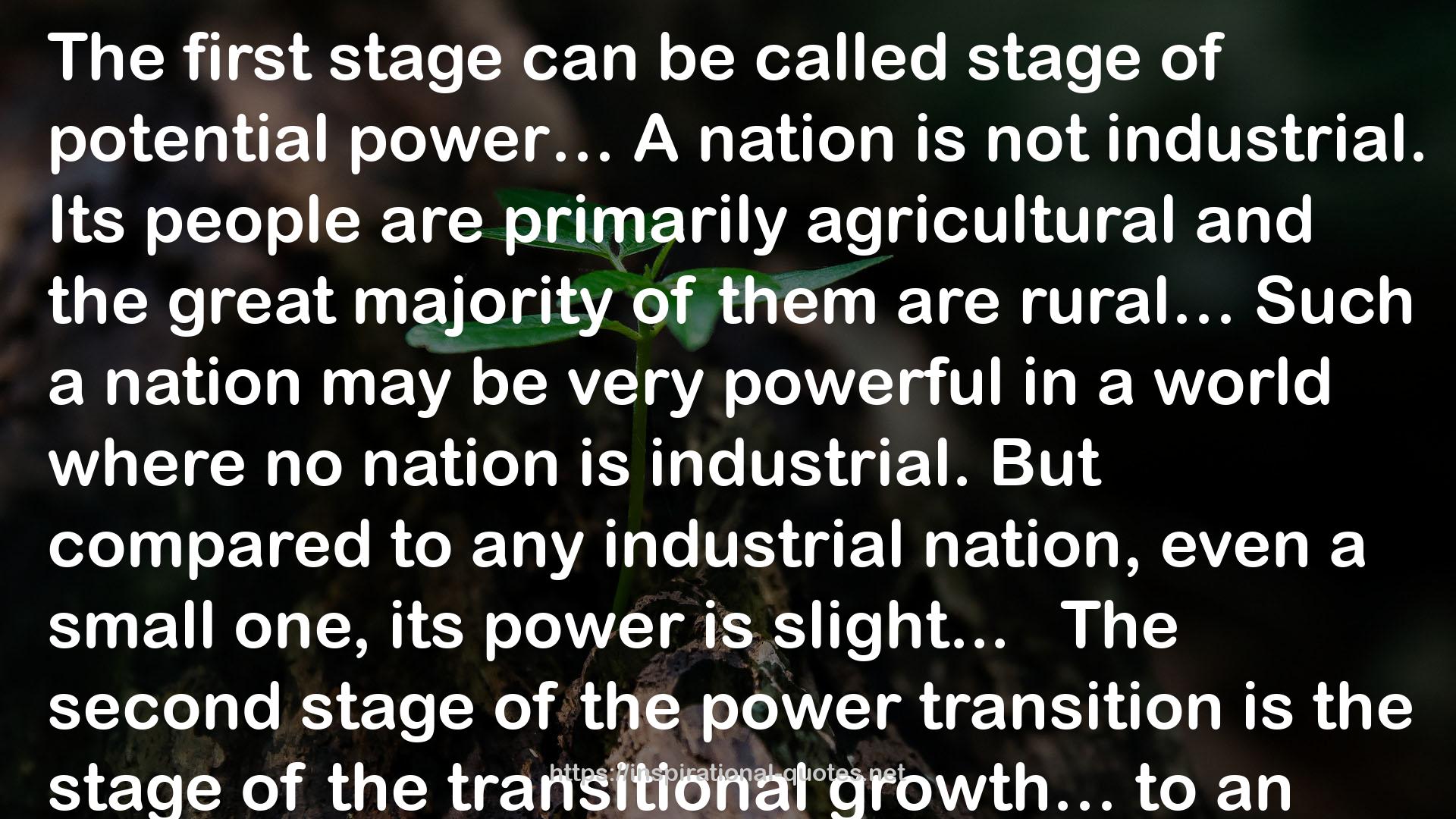World Politics QUOTES
SOME WORKS
- Chrissy's Endeavor
- Links in Rebecca's Life
- Eve in Exile and the Restoration of Femininity
- Classical Me, Classical Thee: Squander Not Thine Education
- The UnWired Mom
- Frumps to Pumps
- Giddy Up, Eunice: Because Women Need Each Other
- Home Is Where My People Are: The Roads That Lead Us to Where We Belong
- Rogue Moon
- Who?

